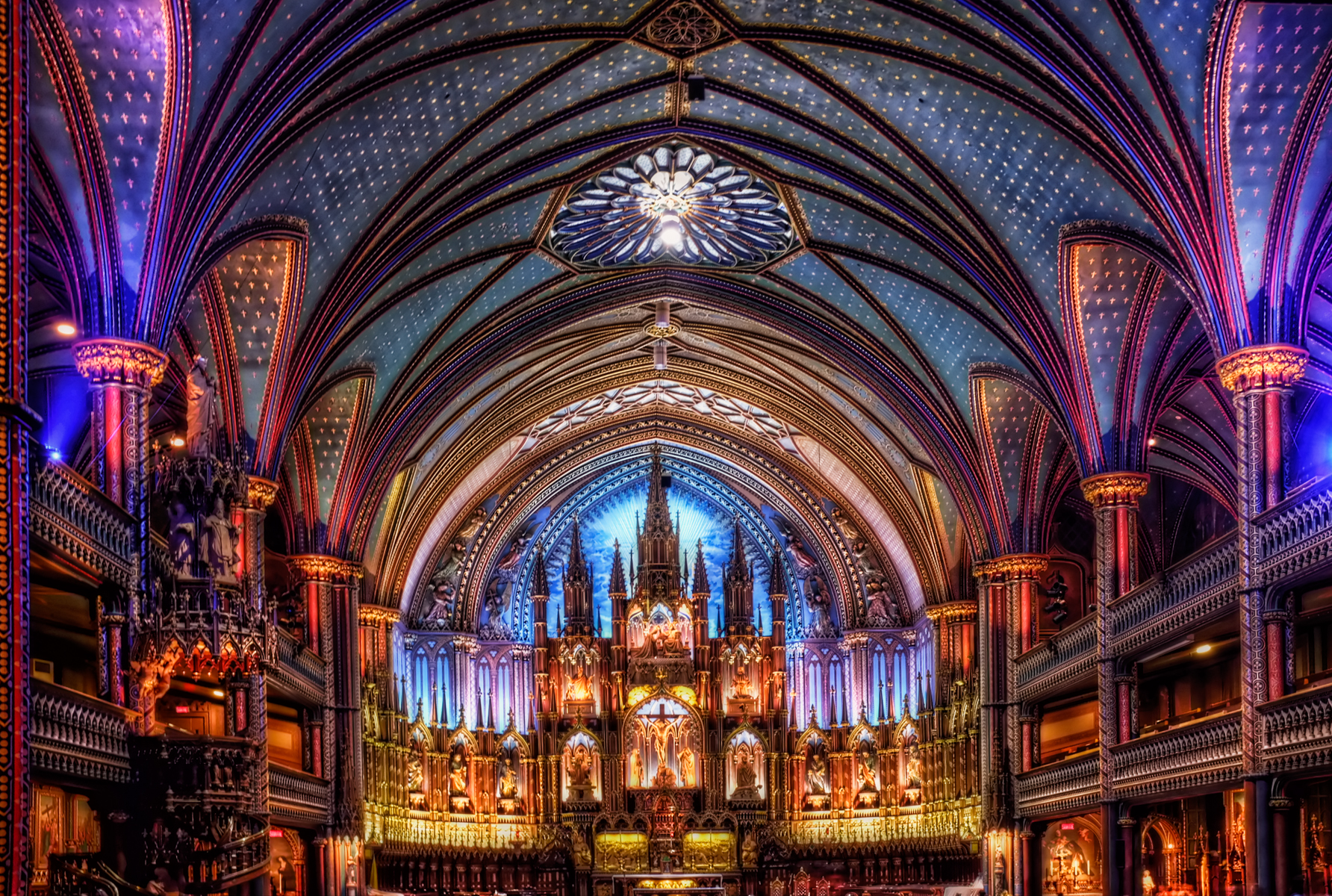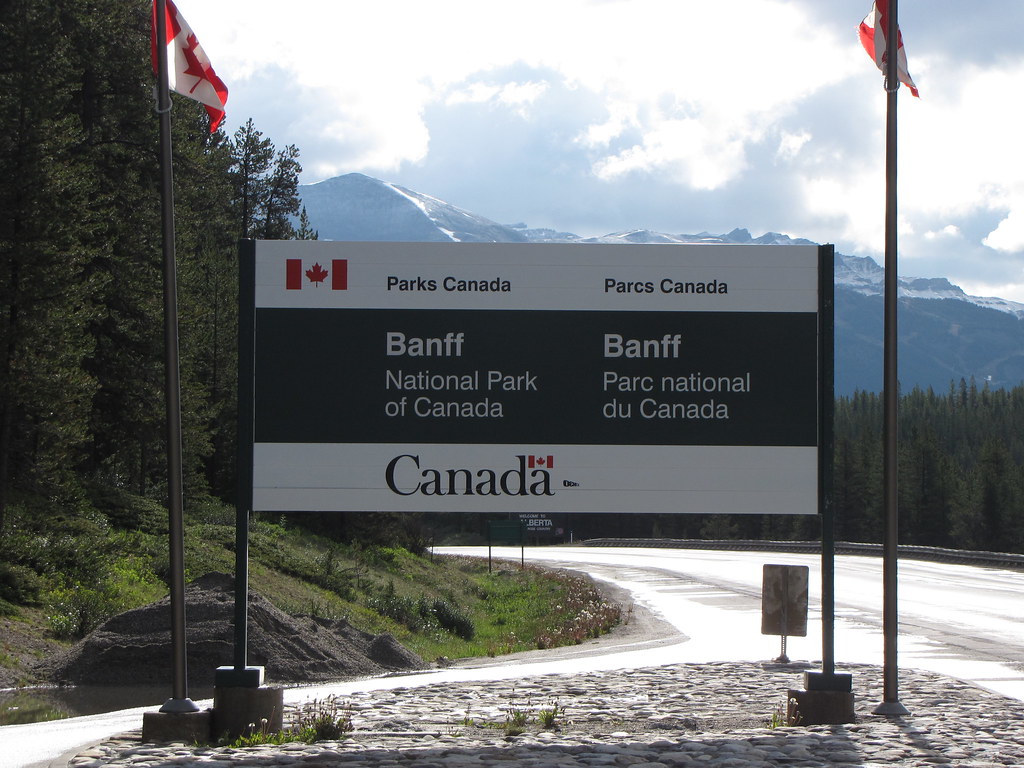
Returning from a recent trip from Montreal, it often interests me how diverse and massive Canada truly is. When former Governor-General Michelle Jean mentioned Canada having two solitudes, never would I have thought that the two regions of Quebec and the Rest of Canada would be so distinct. Entering La Belle Province was almost as if I was entering an entirely new world. Exploring Montreal, I was immersed in what I call a mishmash of 1800s colonial France, 1900s British Canada, American Soho and Art Deco, with a mix of modern day Canadian funk. Try saying that five times fast!
Not only was I mesmerised by the sheer beauty and culture of what is collectively known as Quebecois, but I was more intrigued by the idea that Canada had this side to which I never knew existed. Never would I have thought that our great nation would have had such a rich and interesting culture that was somewhat hidden to my anglophone eyes. What saddens me about this trip is this sudden, majority, English-speaking guilt I felt in my stomach. From all the years of scoffing off the separatist ideology, regarding it as mindless short minded propaganda, I suddenly realised that maybe the French Canadians of Canada do have some true reasons of seeking sovereignty.

Toronto Star
It almost makes sense. They are already labeled as a linguistic enclave in the Americas, excluding Haiti as the only French speaking region in the continent. Adding to the fact that they border USA, the great influential English speaking eagle. It is almost a miracle how the French language found its way to survive in such a region. Truth to the fact is, being a linguistic isolate, the French language in Quebec finds itself to develop independently from it’s European counterparts. The arising of Quebecois French, a dialect hailing it’s own words, syntax, and slang, developed purely off Canadian soil.
The distinctness of Français québécois goes so far as to hail its own distinct accent. To a native Parisian hearing the average Montrealais, the comparison can be likened to how the British perceive the manner in which Texans speak English. What’s even more fascinating is that though Anglophone Canadians often find it difficult to differentiate between an heart bred American and a northern born Canadian, the French find it often simple to distinguish between their Canadian counterpart in the manner that the Quebecois swear. It often amazes me how such a culture could arise from the borders of Canada. Many Canadians often consider Canadian culture to be an amalgam of British heritage coated heavily with American gravy. I believe in Quebec they call that Poutine.

The striking riddle that surrounds Canadians is to which city should one travel if they want to become famous domestically? Most people would respond by saying, “flock to Toronto or Vancouver,” yet what surprises many is that Montreal is actually the media powerhouse of Canada in terms of domestic consumption. Maybe it’s the difference of languages, but it just seems that French Canadian films fair better in the box offices domestically than most English Canadian films. The Quebec music industry hails fame outside Canadian borders, with fame infiltrating the likes of France and Francophone Europe. Unlike English Canada, where anglophone artists often find it difficult to find fame outside Canadian borders. The francophones of Quebec have a knack of consuming home grown film, music, and television, unlike their English counterpart who prefers to consume media from the likes of Hollywood or New York. The fact is, compared to Quebec’s media industry, Canada’s media industry trails greatly behind the Quebec powerhouse. The sad fact is, many great media accomplishments of French Canada, through film, music, and television, which often goes praised throughout the French world, is often left unnoticed by English Canada.
Now, before I sound as if I’m praising or favouring a region of Canada over another, let it be known, I am merely stating the obvious differences between French and English Canada. It makes me somewhat disappointed that all this great culture by French Canada is only contained within its borders. Canadians often say how boring the Canadian media industry is, yet if they were to take a moment and recognise French Canada’s achievements in terms of entertainment, many Canadians would see their original belief holds no truth. Canada is an interesting nation culturally and linguistically, yet is often left unnoticed due to the difference of languages.
Being a survivor of the French Immersion schooling system, I fall victim to the majority of Canadians who believe that our nation holds no interesting factor. During my time there, we were almost always taught that the language and culture to which we were to admire was one that was 100s of kilometres across the Atlantic. We were taught to emulate the great European French culture. Never did I realise that Canada had it’s own equally amazing version of such a wonderful culture.
I started to begin to see, during my formative years through French Immersion, that my fellow classmates and I became symbols to what Canada actually stands for. Though the separatist movement has quelled over the years after the Referendum of 1995, many Quebecois still feel some resentment over their English majority. The conflict conceived by Canadian journalism such as French Speaking Canada vs Rest of Canada are division words that further the schism found in Canadian society. Having the honour to be enrolled through French Immersion, we became somewhat ambassadors to what is uniting this country. The in-between of being brought up in a strong anglophone culture, and adapting to a new equally interesting francophone culture, made us appreciate what it means to be Canadian.

The fact is, 30 per cent of this nation is able to converse in French, the majority of which is concentrated in the regions of Quebec and Acadian New Brunswick. Many immigrants like myself were often taught the great Canadian stereotypical myth that Canada was a nation that is bilingual. Born from British roses and French lilies came Canada, a dominion from sea to sea, by two nations stand, one, united, and strong. At least that’s what the myth says. The presence of the French language gradually declines the further west one travels across Canada. In the most Anglophone of regions, Alberta, this truth is further proven. A province that is supposedly under this bilingual dominion, has a clear lacking of the French language. In Calgary, the only French you’ll ever see is on government documents, national highway signage, and the minuscule downtown Calgary neighbourhood, Eau Claire, which literally translates into “clear water.”
Under the Canadian Ministry of Education, many Canadians must be educated in the French language till the end of Grade 9. Yet most Canadians today cannot even conduct a simple conversation without falling back to informal greetings such as Bonjour and Au Revoir. The strongest example of French in Anglophone Canada, besides government sponsored projects, has to be the packaging found on all Canadian products. Canadians are often blind to the beauty, the culture, and rich media of French Canada. Most, not even knowing the true importance of being bred under bilingualism. The hopes and dreams of national bilingualism with the likes of Laurier, Trudeau, and Pearson, have now succumb to be restricted on the words of breakfast cereal packaging and government sponsored commercials.

Maybe it is true that Canada is born under two distinct solitudes? As much as I can hope and dream, I cannot enforce bilingualism onto people who do not share the same vision for Canada as I do. I cannot reverse all the years of immigration, which has taken on a new Canadian bilingualism. One that favours foreign languages like Punjabi, German, and Chinese to be their new second tongue. As Canadian 2011 Census Statistics suggests, the French language is on the decline in Canada. It almost seems to further prove the existence of this invisible border between French Canada and the Rest of Canada.
Then I remember, during my times in French Immersion. Though, we were not able to fully conduct a conversation in pure French, we created our own distinct dialect which was a mishmash of the two official languages, Franglais we called it. I now realise that we were examples in a nation that is considered to be two solitudes, to be living up to the dreams of national bilingualism thought by former Prime Ministers and the Fathers of Confederation. Through our broken sentences such as, “Could you pass me a piece of feuille lignée,” we were testimony of linguistic hope for a nation that wrongfully claims itself as a true bilingual nation.
Much progress must be conducted by the government, as well as the general Canadian population to ensure that further divisions based on language do not continue to exist in Canada. Recognising the importance of both official languages, seeing them as heritage equals rather than one holding greater importance than the other. Some may say that French culture is not Canadian. I often counter this accusation by offering them with the most Canadian dish, Poutine, which is traditionally from Quebec. Who knows if anyone is actually watching Radio-Canada or TV5 in Western Canada, but as long as there be francophones in the Western provinces, the importance of these institutions continues to hold importance. Maybe if more people saw the greatness of both national heritages, English and French, in the way I see them to be, there wouldn’t be a need for certain regions in Canada to separate in order to find a sense of cultural security. If the myth of Canada being a nation, that can speak both French and English is to be continually used, then the importance of promoting and preserving both languages is key towards greater national unity and pride.
